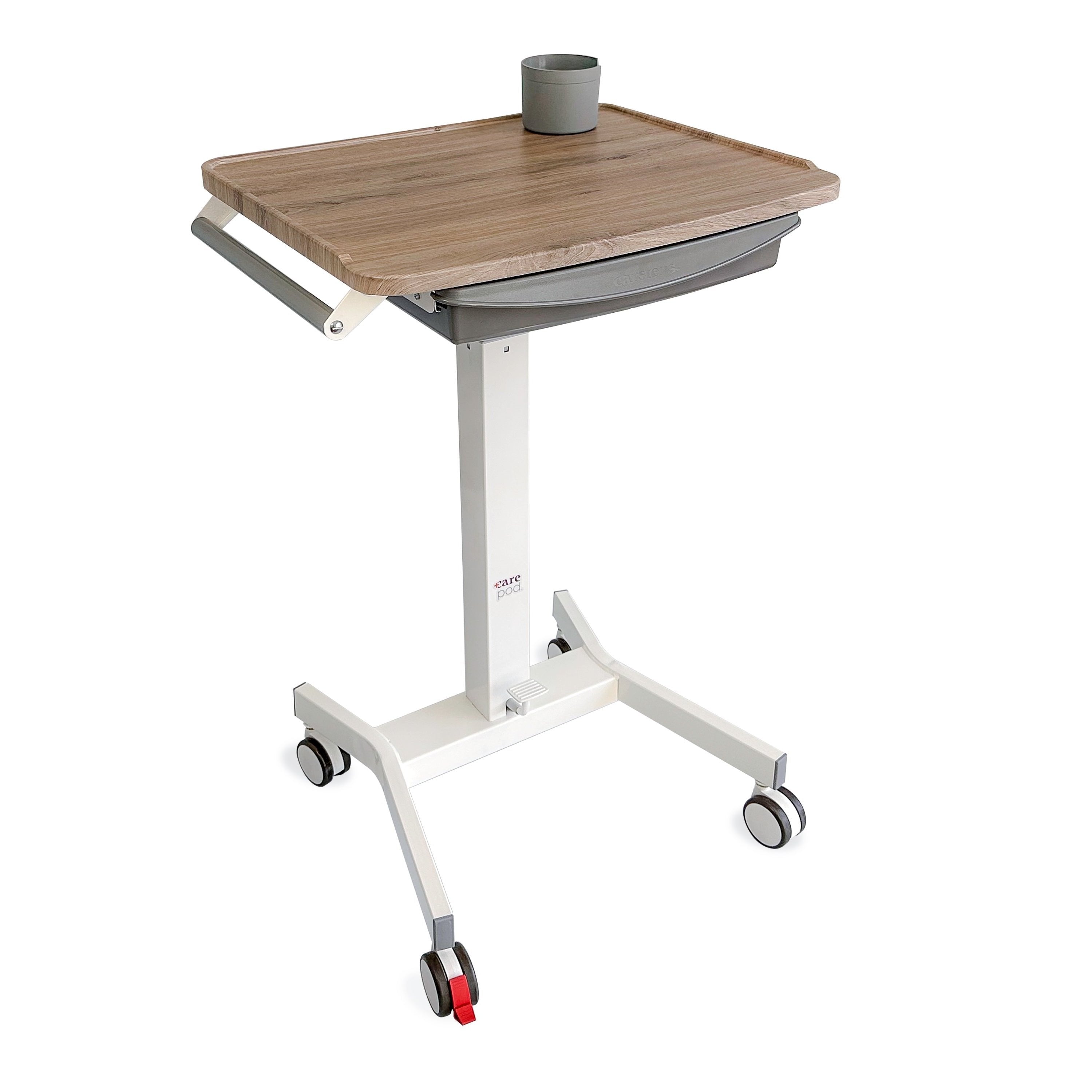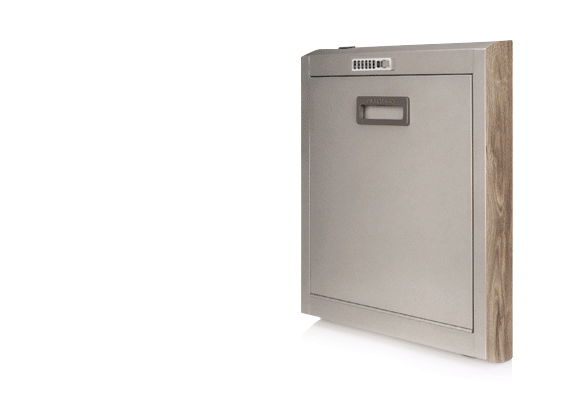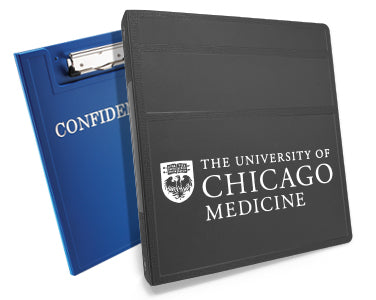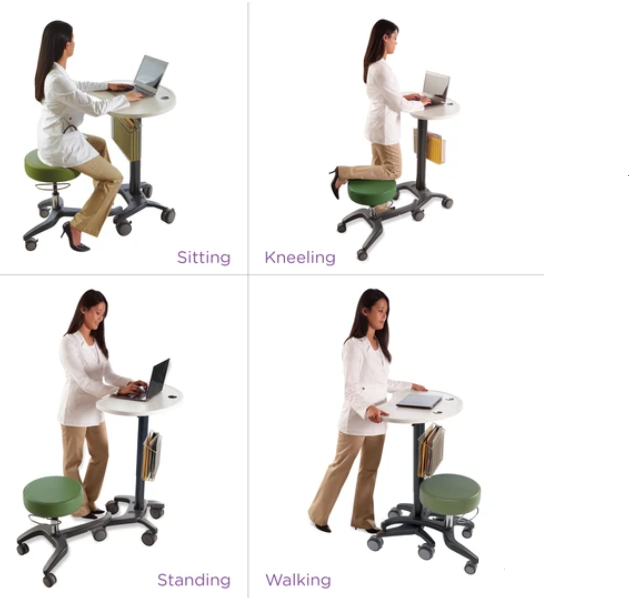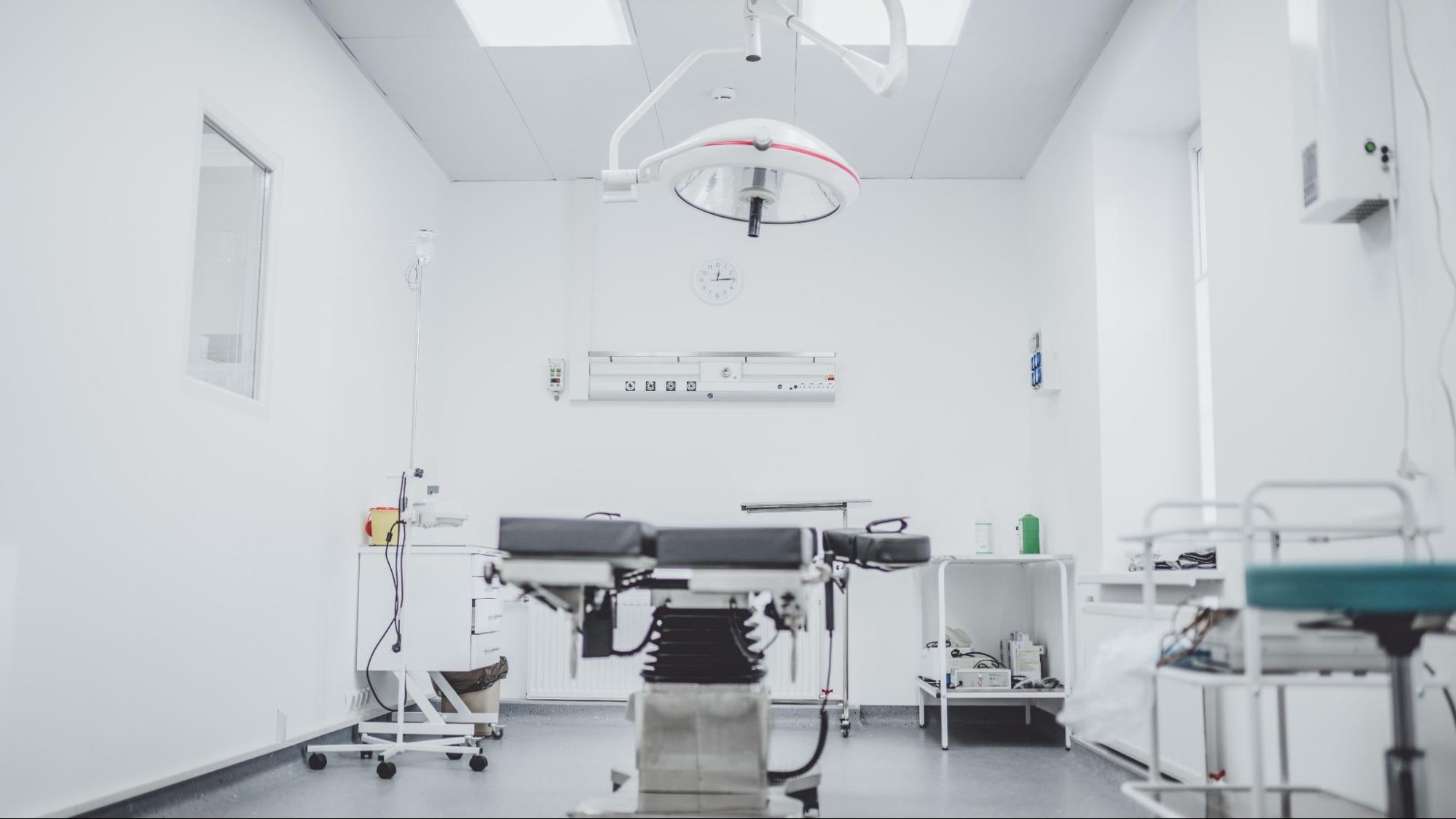In any type of hospital, there is basic equipment that can protect the safety of the staff and efficiently treat patients. If you are operating a medical facility, you will want to have this equipment on hand. While some of these components may seem like a no-brainer for your hospital, others might have been overlooked. With this medical equipment, you can provide a high level of care for your patients. Plus, you will have a staff that appreciates modern and convenient equipment that allows them to do their jobs. Here are some of those essentials for your hospital.
Diagnostics & Imaging Hospital Equipment List
When it comes time to equip your hospital, you want to find the right items for your facility. Many patients come to the building to be diagnosed with a medical ailment. For that reason, you want to choose the ideal components for a quick and accurate diagnosis. Along the same lines, imaging is another tool that can efficiently diagnose a patient's illness. With this list of equipment, you can ensure that your staff meets the needs of your patients. Let's look at some of those items that you will want for the imaging department and other areas that handle medical diagnostics.
Essential Workstation Supplies
For nurses, doctors, and other practitioners to accurately treat their patients, you want to ensure they have access to essential workstation supplies. Mobile carts are a great way for the staff to contain vital items, such as patient charts and computers. These carts can be moved from room to room so that your staff can stay mobile. Wall-mounted workstations are another excellent option. They can store PPE, medications, and electronic health equipment and more. Plus, these stations are mounted to the wall to stay out of the way. Finally, charting equipment like binders, racks, and clipboards keeps any paperwork in a neat and safe spot.
Related: Charting in Healthcare: Why It Matters
Are you looking for the right Workstation Supplies and equipment for your hospital? Check out the selection of medical products from Carstens!
Electrocardiogram (EKG) Machines
EKG machines are a vital part of any hospital. Over a period of time, these machines record the heart activity of the patient. Along with that, they allow the healthcare provider to look for any abnormalities or monitor the heart's rhythm. With this machine, the electrodes are placed on the patient's chest and connected to the machines. Once the machine is turned on, it records and measures the heart's electrical activity.. Heart-related problems are common, and your staff needs the proper equipment to address them.
X-Ray Equipment
In any type of hospital diagnostic department, you want an x-ray machine for your patients. With this type of equipment, there are several components, such as the x-ray detector and generator. As the machine operates, it uses electromagnetic radiation to penetrate deep into the patient's body, and it sends back images on a fluorescent screen. Those images are known as x-rays. In your hospital, your radiographers operate the machines to obtain images of internal organs or bones. Some modern equipment now directly sends the images to a workstation so that a doctor can review the patient's exam.
Cell Counting Machinery
For issues related to blood counts, it is vital to have the right equipment for diagnosis. Hematology analyzers and cell counters are used to monitor and count blood cells. Some basic models will give your staff a complete blood count, with a three-part differential for the patient's white blood cell counts. If you want more advanced equipment for your staff, think about purchasing an advanced analyzer. These machines measure and detect any small cell populations that are often used to diagnose a patient with a rare blood condition.
Related: How New Nursing Technologies are Transforming Patient Care
Hospital Equipment for Critical Care
All hospitals need the proper equipment to handle critical care patients. Some patients will require an operation to stop a life-threatening condition, while others must have vital signs monitored. If your staff is not adequately equipped, it can mean long-reaching consequences for your hospital. Many facilities would not dream of accepting patients without these essential machines. They could mean the difference between life and death for your patients. You need equipment to maintain the health of your patients and potentially save a life.
Automated External Defibrillator
Heart issues are a common problem for patients. For that reason, you need an automatic external defibrillator to help "restart" the heart. This device is small, portable, and battery-powered. It is designed to detect heart activity and will give an electric shock when needed for the patient. With the help of electrodes, the wires send signals to the machine. If there is an abnormal heart rhythm, the patient will receive an electric shock. That shock can restart the heart's electrical activity and make it beat to a normal rhythm.
Patient Monitoring Equipment
When you need to keep track of the patient's vital signs, you need a monitor that you can trust. Patient monitoring equipment makes an accurate track of the patient's health while in the critical care unit. These monitors are designed for neonatal, pediatric, or adult patients. Along with that, monitoring equipment can be used to track the progression of a condition or disease while monitoring several parameters simultaneously. Your staff can check the patient's respiratory, temperature, and heart vitals from another spot in the hospital.
Operating Area Equipment
Finally, when it comes time to the operation areas, your hospital requires some very specific equipment. If you want to assist the staff and surgeons, ensure that you have the proper lighting and tables to help them view and maneuver the patient. All the tools and instruments must be sanitized with an autoclave machine. Anesthesia machines are used to administer anesthesia and monitor levels during the procedure. You might also want to think about an electrosurgical or suction apparatus to assist the surgeon while operating.
Related: How Hospitals Can Better Utilize Work Space Post-Covid
Does Your Hospital Have the Right Medical Equipment?
With the right equipment, you can ensure that your hospital provides the right level of care for your patients. From the start, proper diagnosis can help patients receive efficient and quick care for their medical issues. Once the medical problems have been found, operating equipment can ensure that the procedure is handled professionally. Finally, all hospitals need monitoring machines to check up on the vitals and health of their patients. All this equipment is required for a safe environment for patients and staff.
Need help finding the right health care support products for your hospital? Reach out to the team at Carstens to find these components that can help improve workflow and positively impact the patient experience.

